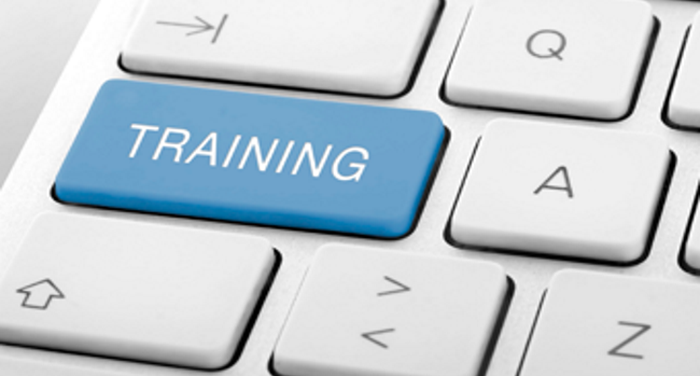In an article written by Capt. Jan Solum, Director DNV Cruise Center/Area Manager and published on DNV website, the classification society highlights the importance of crew training and competence for enhanced safety, encouraging operators to invest more in this area to strengthen their organizations’ safety culture.
Referring to the cruise industry, Capt. Solum notes that operational safety has always been a top priority in the sector. Due to COVID-19, much work is needed to bring the industry back online. Given that most vessels were at reduced manning levels, many shipboard and shore-based positions needed to be filled, making hiring one of the top priorities for operators.
Solum explains: “Those who lost their jobs during the pandemic found employment opportunities elsewhere. Many of them didn’t return when the industry restarted, at least not to their previous role. So, to fill the personnel gap, operators had to widen their search more broadly and look at candidates with the right credentials, including those without experience in the cruise industry.”
As vessels transition from lay-up to operation, the responsibilities of on-board personnel change, which also plays a role in the overall safety scenario. For those who worked throughout the lay-up period, the new manning arrangements require a mental adjustment.
“While the individual responsibilities may change instantly, we are human beings, and we can’t just flip a switch. There is an adjustment period during which subconsciously you might find yourself compelled to continue doing what you were doing before. There is also the fact that every vessel has at least some crew members on board who joined recently from outside the cruise segment, and they may not be accustomed to how things are done in the industry.”
It is imperative that operators invest in their personnel and provide continuous training, Solum adds. “This is where the value of running exercises and drills comes in. You don’t want to wait for real-life situations to start training. You want to see how the crew reacts in drills so that you can assess mistakes and correct them.”
It is essential to recognize this starting point when seeking to improve. “We have extensive training packages in our Maritime Academy, including marine accident and incident investigation training and tools to find opportunities to improve their management system (M-SCAT). We have also learned valuable lessons from the airline industry,” Jan Solum points out.









































![]](https://safety4sea.com/wp-content/uploads/2024/06/shutterstock_2318996555-350x250.jpg)






















